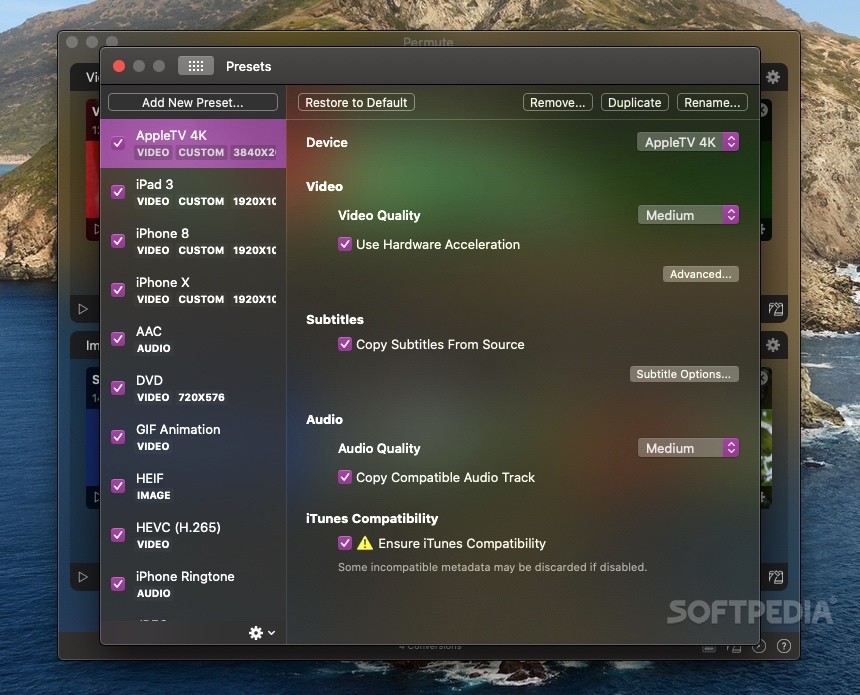
25 permute 3 how to#
If you’re not so sure how to answer this question, consider something more general or broad in scope - perhaps Literature instead of majoring in Appalachian Literature of the 1940s. But what’s to stop you from switching positions or changing your mind? Who’s to say how you’ll feel even 10 years from now - not to mention 20 or 30 years from now?

You have interests and passions and these ideas that you value. So, what about the future? Here are some questions to ask yourself to consider the long-term when discovering how to choose a major that’s right for you: In the last chapter, we talked about your current interests, passions, abilities, and values, but that’s the thing - those were such for now. But they might just help you decide what to major in. They might agree, or they might think you’re crazy. Your close friends - who knows you better? Get their input by telling them what you believe your interests, passions, abilities, and values are. I long to help underprivileged children - I want to major in pediatric nursing. However, as with your interests, passions may be defined later on, even after university is over. Passions are areas of deep interest, sure, but they also incorporate your values and abilities into something that becomes a burning, lifelong desire.įollowing your passions, whatever they may be, is one of the best ways to choose a major, and it generally has the least second-guessing later on. I love the Renaissance painters - maybe I’ll major in art history.Īt first glance, your passions seem just like interest areas, only stronger. The years of university make current interests more volatile than the years before and after it.

Just remember that, as with your values we previously mentioned, your interests may change over time. I mean, if you like doing something, why not get paid for it, right? Your interests are a fine way of determining which major to choose in college. I want to help clean up the oceans! Perhaps I’ll choose an environmental policy major.

University is a time of experimentation and self-discovery, and most people solidify their values during their college years. However, don’t look too hard at your values when choosing a major, either. I am a whiz at mathematical calculations - maybe I’ll study to become an astronaut.Ĭhoosing a major based on your core beliefs will normally lead to work that is more rewarding and encouraging. However, don’t discount the fields where you lack ability just yet you’ll be able to build those up more during your studies - it is a place to learn, after all. Understanding what areas you have skills in and which areas could use work is a great way to start the elimination process when choosing a university major. The very first step in choosing a major that is right for you is to discern for yourself the areas of study that are important to you. These can be divided into several general categories, which we’ll talk about one-by-one:Ībilities are what you are able to do, generally speaking. 1 Identify Interests, Values, Passions, and Abilitiesĭon’t ask yourself “What major should I choose?” The right question is “What major is right for me?”


 0 kommentar(er)
0 kommentar(er)
